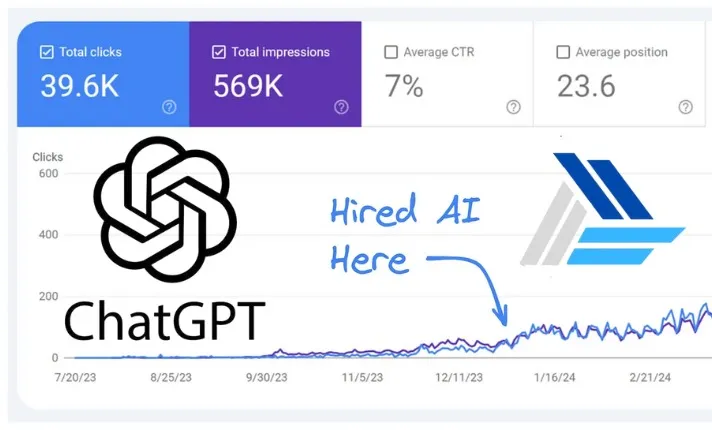Parsing URLs Made Easy
In a practical web application, it’s essential to show tailored content for different URLs. For instance, valid addresses for an art website may include:
- /topic/architecture
- /topic/painting
- /topic/sculpture
- /blog/42
- /blog/123
- /blog/451
- /user/tom
- /user/sue
- /user/sue/comment/11
- /user/sue/comment/51
Using the Url.Parser module, you can easily write a URL parser like the following:
import Url.Parser exposing (Parser, (), int, map, oneOf, s, string)type Route= Topic String| Blog Int| User String| Comment String IntrouteParser : Parser (Route -> a) arouteParser =oneOf[ map Topic (s "topic" string), map Blog (s "blog" int), map User (s "user" string), map Comment (s "user" string s "comment" int)]
Examples of URL Parsing
Example 1: Art Website
Utilizing the above parser, we can effectively validate various URLs:
-- /topic/pottery ==> Just (Topic "pottery")-- /topic/collage ==> Just (Topic "collage")-- /topic/ ==> Nothing-- /blog/42 ==> Just (Blog 42)-- /blog/123 ==> Just (Blog 123)-- /user/tom/ ==> Just (User "tom")-- /user/sam/comment/35 ==> Just (Comment "sam" 35)
Example 2: Personal Blog
For a personal blog, the following URLs may be valid:
- /blog/12/the-history-of-chairs
- /blog/13/the-endless-september
- /blog?q=whales
Here’s how to implement the URL parser:
import Url.Parser exposing (Parser, (), (), int, map, oneOf, s, string)import Url.Parser.Query as Querytype Route= BlogPost Int String| BlogQuery (Maybe String)routeParser : Parser (Route -> a) arouteParser =oneOf[ map BlogPost (s "blog" int string), map BlogQuery (s "blog" Query.string "q")]
Handling URL Fragments
For documentation websites, managing addresses with fragments is straightforward:
type alias Docs =(String, Maybe String)docsParser : Parser (Docs -> a) adocsParser =map Tuple.pair (string fragment identity)
Key Takeaways
By utilizing the Url.Parser module, you can transform valid URLs into structured Elm data effortlessly. This not only enhances user experience but also streamlines the management of multiple pages within your application.
FAQs
- What is a URL Parser?
- A URL Parser is a tool that converts raw URL strings into structured data for easier manipulation and retrieval of content in web applications.
- How does the URL Parser tool work?
- It uses predefined rules to identify and extract meaningful components from URLs, such as paths and query parameters, allowing developers to handle routing effectively.
- Can I customize the URL patterns?
- Yes, the URL Parser tool allows you to define custom patterns based on your application’s routing needs.


 By: Jimni Nomics
By: Jimni Nomics
